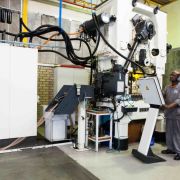Tel + 27 11 928 2000
Private Bag X2016, Isando 1600
1 Tripswitch Drive, Elandsfontein, Gauteng, 1401
cbi@cbi-electric.com
internationalsales@cbi-electric.com (Outside Africa)
info@cbibreakers.com (USA)
sales@cbi-electric.com.au (Australia)
Happy 2026! CBi South Africa is open and ready to serve you.










